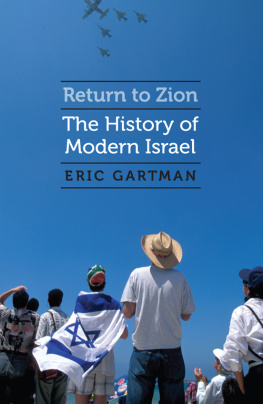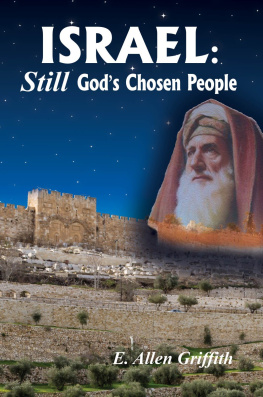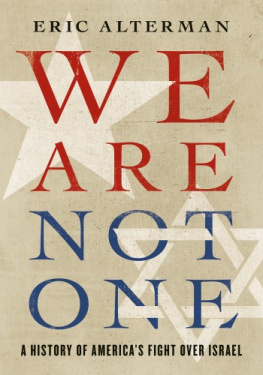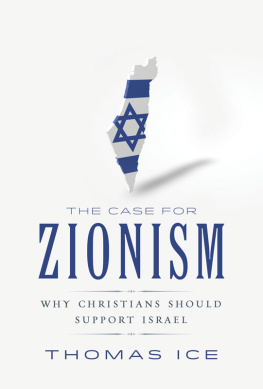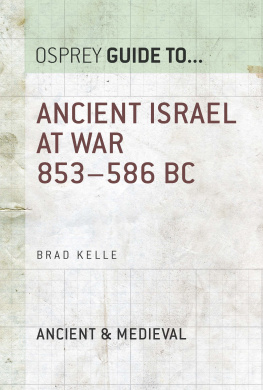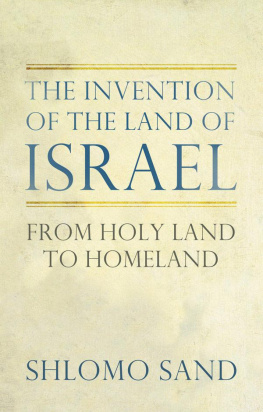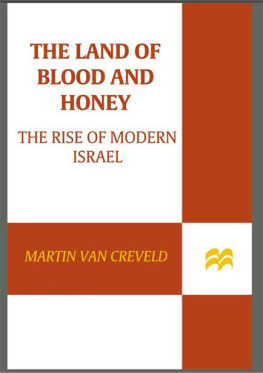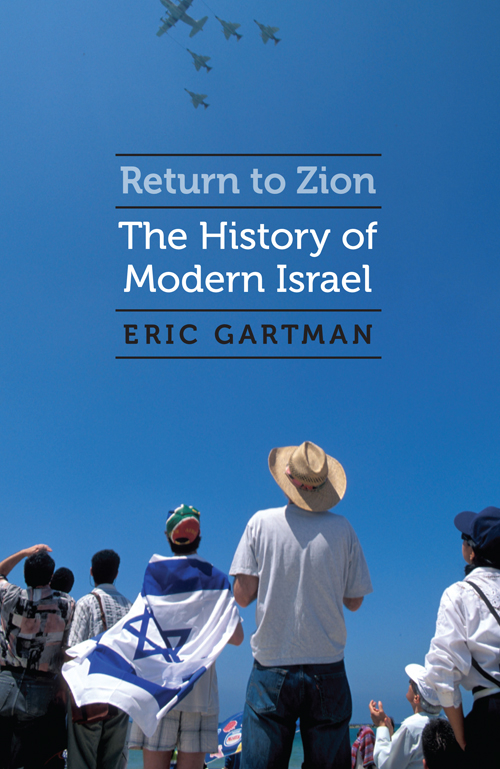Eric Gartman - Return to Zion: The History of Modern Israel
Here you can read online Eric Gartman - Return to Zion: The History of Modern Israel full text of the book (entire story) in english for free. Download pdf and epub, get meaning, cover and reviews about this ebook. year: 2015, publisher: The Jewish Publication Society, genre: Detective and thriller. Description of the work, (preface) as well as reviews are available. Best literature library LitArk.com created for fans of good reading and offers a wide selection of genres:
Romance novel
Science fiction
Adventure
Detective
Science
History
Home and family
Prose
Art
Politics
Computer
Non-fiction
Religion
Business
Children
Humor
Choose a favorite category and find really read worthwhile books. Enjoy immersion in the world of imagination, feel the emotions of the characters or learn something new for yourself, make an fascinating discovery.
- Book:Return to Zion: The History of Modern Israel
- Author:
- Publisher:The Jewish Publication Society
- Genre:
- Year:2015
- Rating:4 / 5
- Favourites:Add to favourites
- Your mark:
Return to Zion: The History of Modern Israel: summary, description and annotation
We offer to read an annotation, description, summary or preface (depends on what the author of the book "Return to Zion: The History of Modern Israel" wrote himself). If you haven't found the necessary information about the book — write in the comments, we will try to find it.
The history of modern Israel is a story of ambition, violence, and survival. Return to Zion traces how a scattered and stateless people reconstituted themselves in their traditional homeland, only to face threats by those who, during the many years of the dispersion, had come to regard the land as their home. This is a story of the ingathering of the exiles from Europe to an outpost on the fringes of the Ottoman Empire, of courage and perseverance, and of reinvention and tragedy. Eric Gartman focuses on two main themes of modern Israel: reconstitution and survival. Even as new settlers built their state they faced constant challenges from hostile neighbors and divided support from foreign governments, as well as being attacked by larger armies no fewer than three times during the first twenty-five years of Israels history. Focusing on a land torn by turmoil, Return to Zion is the story of Israelthe fight for independence through the Israeli Independence War in 1948, the Six-Day War of 1967, and the near-collapse of the Israeli Army during the 1973 Yom Kippur War. Gartman examines the roles of the leading figures of modern IsraelTheodor Herzl, Chaim Weizmann, David Ben-Gurion, Golda Meir, Moshe Dayan, Yitzchak Rabin, and Ariel Sharonalongside popular perceptions of events as they unfolded in the postWorld War II decades. He presents declassified CIA, White House, and U.S. State Department documents that detail Americas involvement in the 1967 and 1973 wars, as well as proof that the Israeli attack on the USS Liberty was a case of mistaken identity. Return to Zion pulls together the myriad threads of this history from inside and out to create a seamless look into modern Israels truest self.
Eric Gartman: author's other books
Who wrote Return to Zion: The History of Modern Israel? Find out the surname, the name of the author of the book and a list of all author's works by series.

